Can your mouth make certain cancers “melt”? Researchers at Guy’s and St. Thomas’ and Kin’s College London said these common types of bacteria found in the mouth can be beneficial.
The bacteria has “brutally surprised” researchers by showing the ability to kill certain cancers.
The Cancer Fighting Bacteria

Genomic research of Fucsobacterium nucleatum, a type of bacteria commonly found in the mouth, appears to have the ability to kill certain cancers.
A study found that people with head and neck cancers who had this bacteria within their tumors experienced much better outcomes.
Essential to Finding a Cure

Dr. Miguel Reis Ferreira, the study’s senior author and a consultant in head and neck cancers at Guy’s and St. Thomas, says that finding this bacteria could be essential to finding a cure for certain cancers.
“In essence, we found that when you find these bacteria within head and neck cancers, they have much better outcomes. The other thing that we found is that in cell cultures this bacterium is capable of killing cancer,” Ferreira told PA News (via the Guardian).
A More Complex Role
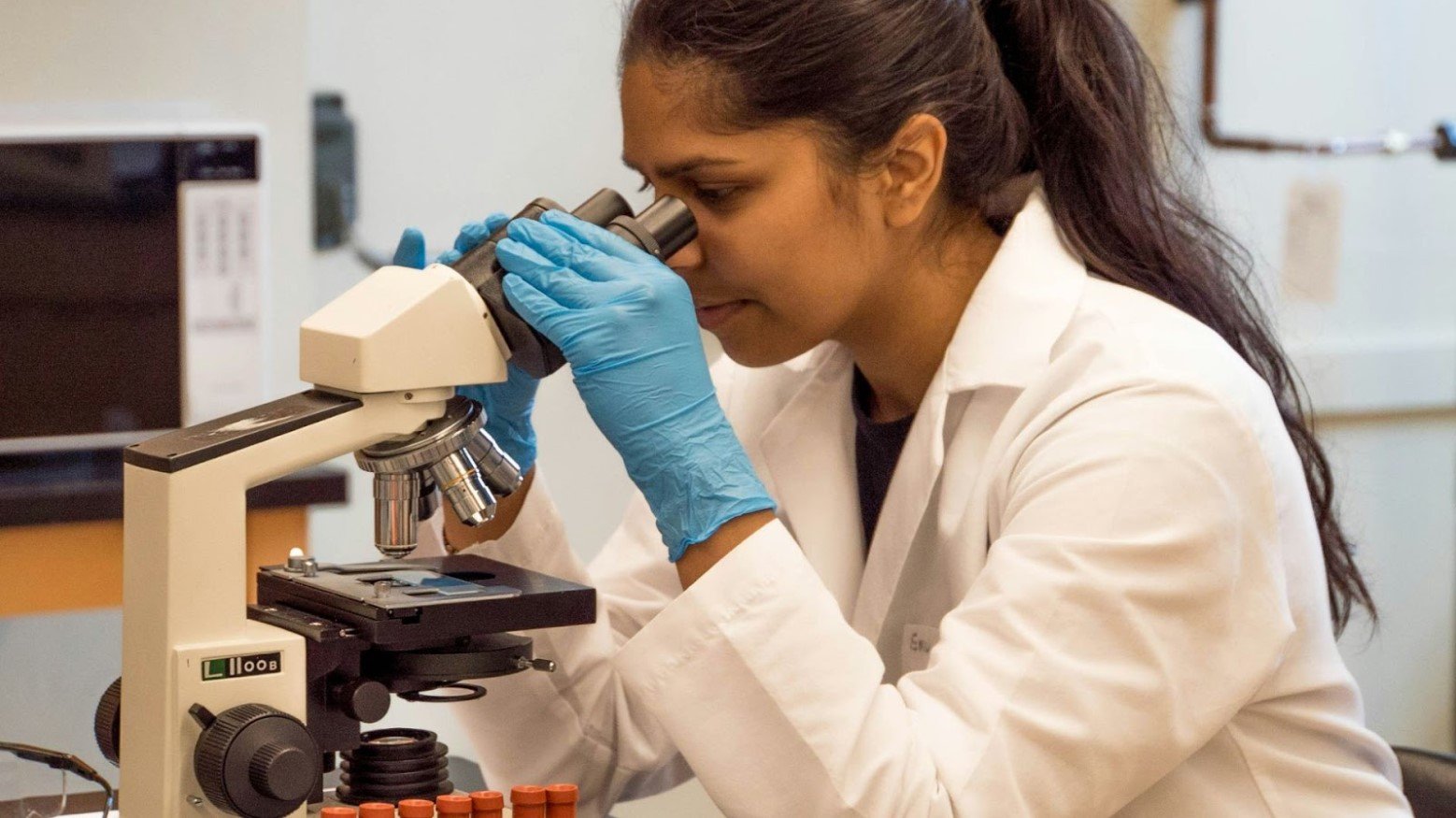
“This research reveals that these bacteria play a more complex role than previously known in their relationship with cancer—that they essentially melt head and neck cancer cells,” Ferreira said.
“However, this finding should be balanced by their known role in making cancers such as those in the bowel get worse.”
Starting the Study

The team behind the study is using modeling to help identify which bacteria in the mouth may be interesting to investigate further.
After studying the effect of the bacteria on cancerous cells in a laboratory. They also performed an analysis of data on 155 patients with head and neck cancer that were found in the Cancer Genome Atlas database.
Testing the Bacteria
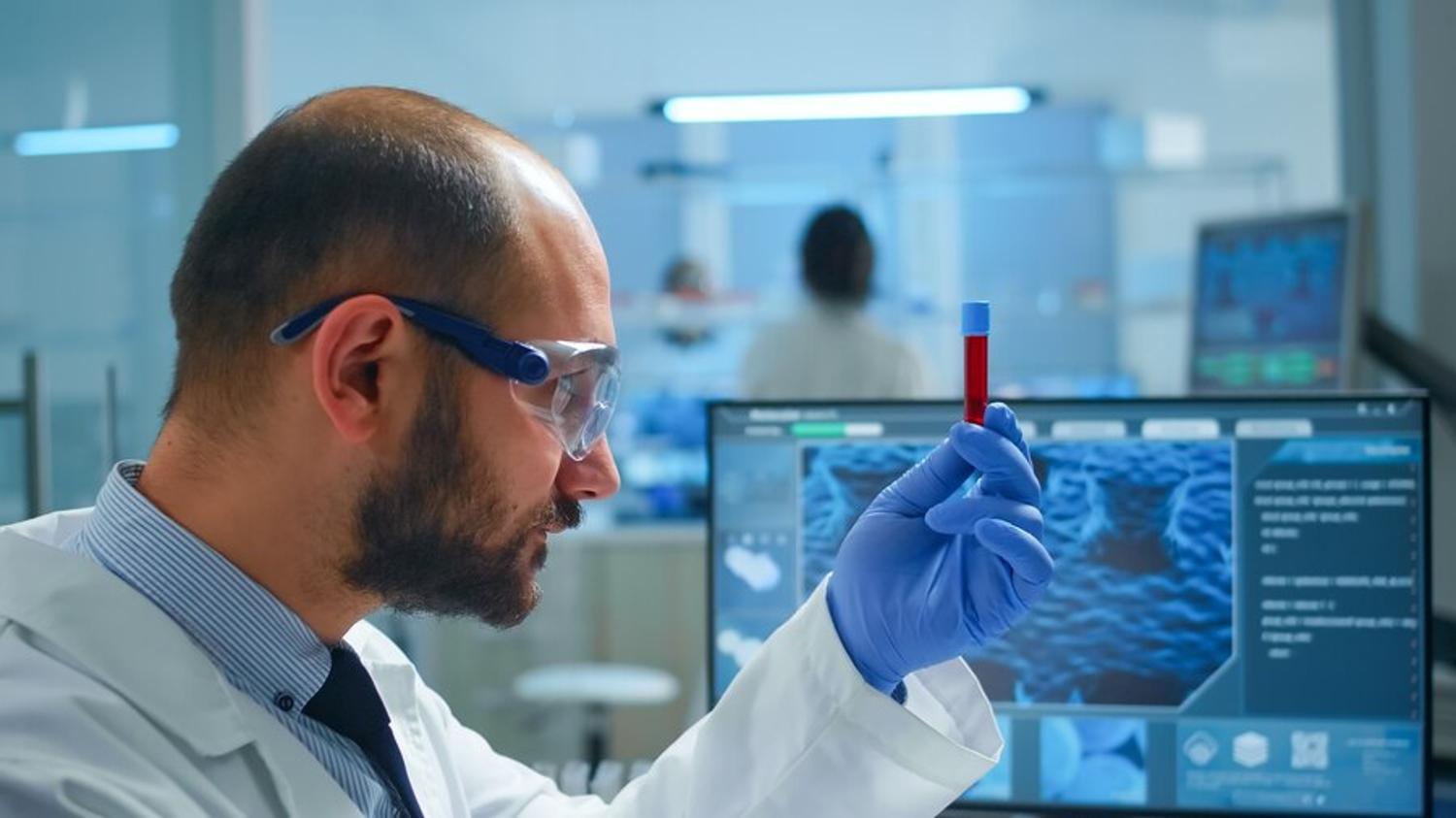
Academics believed that they would see Fusobacterium would react to cancer cells based on previous research on the bacteria on the progression of bowel cancer.
In the lab studies, researchers put quantities of the bacteria in petri dishes and left them for a couple of days.
The Cancer Has Disappeared
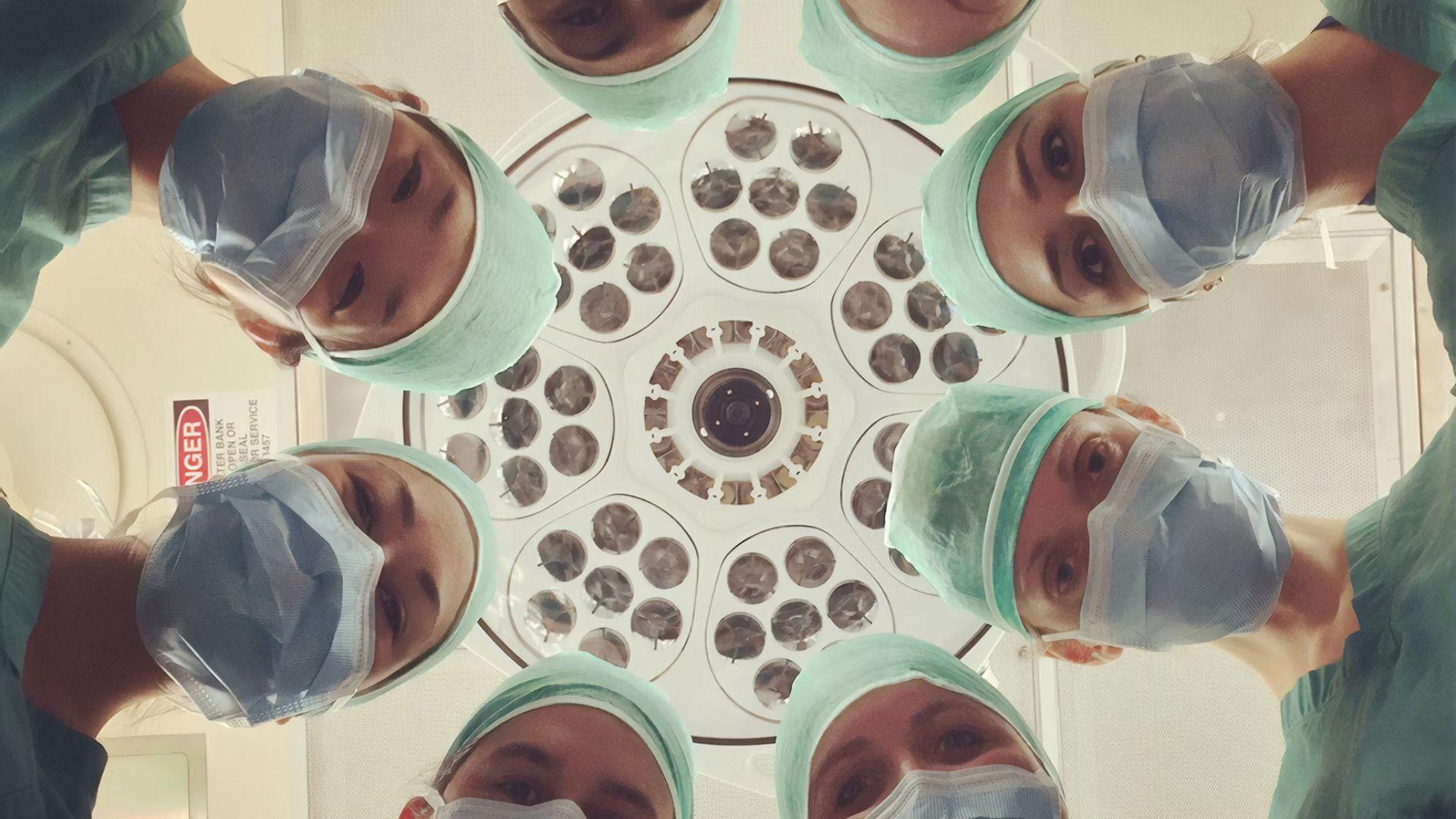
When the researchers returned to inspect the bacteria’s effects on the cancer, they found that the cancer had almost disappeared.
They found that there was nearly a 70% to 99% reduction in the number of viable cancer cells in head and neck cancer cells after being infected with Fusobacterium.
Betters Odds

Analysis of the patient data found that cancer treated with Fusobacterium had better odds of survival than those who did not.
Researchers have linked Fusobacterium found in head or neck cancers to a nearly 65% reduction in the risk of death compared to patients whose cancers did not contain the bacteria.
A New Therapeutic Advancement
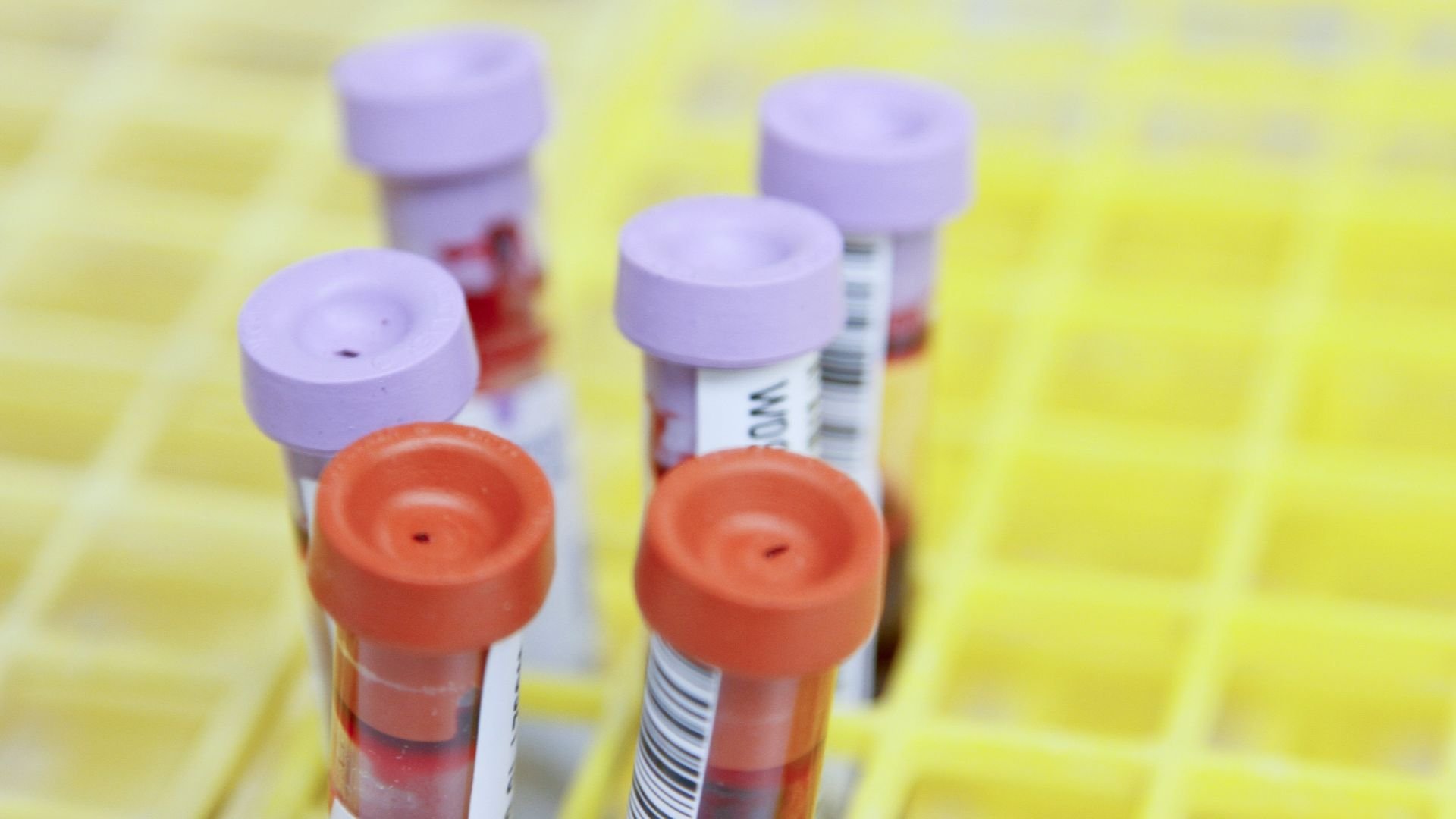
Experts believe that there have been a few therapeutic advances in head and neck cancer in the last 20 years. They believe these findings could help discover future treatments.
“We are proud to support the groundbreaking research conducted by Miguel and Anjali, which aims to enhance our understanding of head and neck cancer and develop more compassionate and effective treatments,” Barbara Kasumu, the executive director of Guy’s Cancer Charity, said.
Starts Attacking Quickly

Before the lab work, Ferreira said that the team expected Fusobacterium to encourage head and neck cancers to grow or make them more resistant to radiotherapy. But they found that “at the end of a few days it just destroys the cancer completely.”
“You put it in the cancer at very low quantities and it just starts killing it very quickly,” he said.
Validating the Findings

The team behind the study was surprised by their findings. Another study in Italy validated the results found by the UK team.
“Our findings are remarkable and very surprising. We had a eureka moment when we found that our international colleagues also found data that validated the discovery,” D. Anjali Chander, a senior clinical research fellow at King’s College London and the lead author, said.
More Research Is Needed
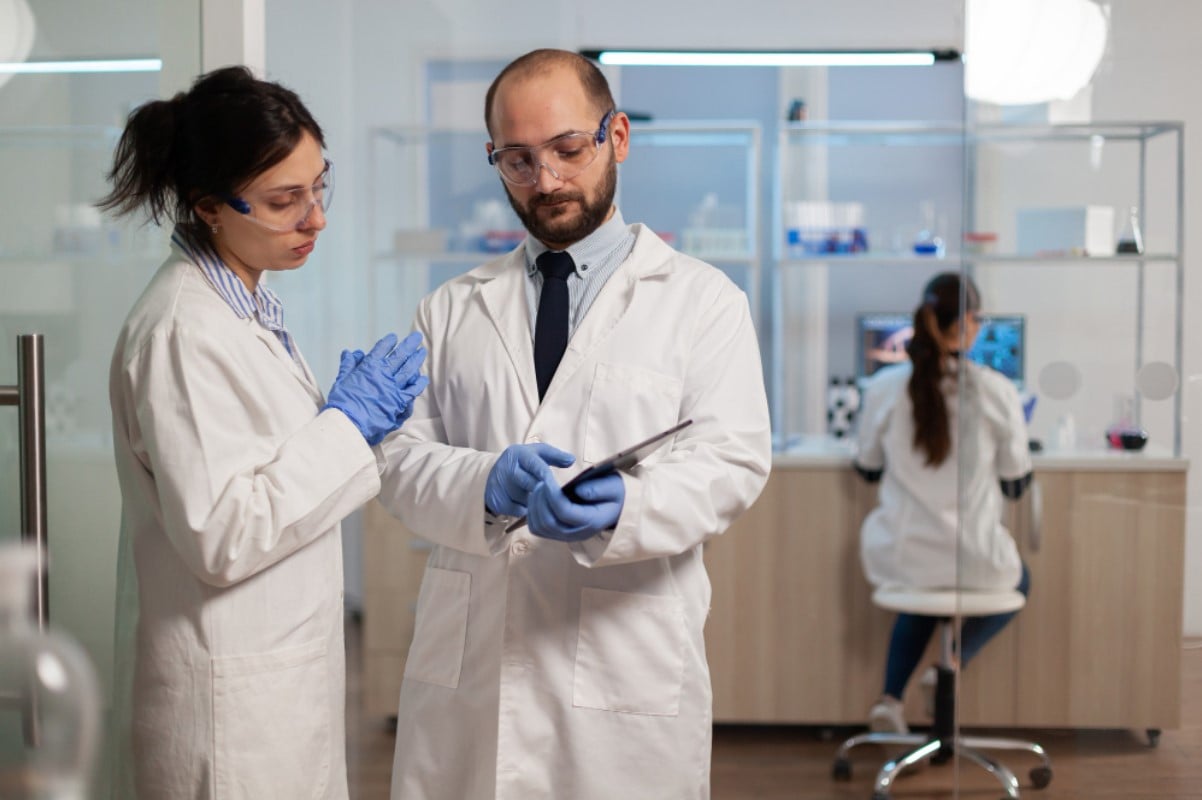
Researchers have yet to discover how Fusobacterium can be used in patients without the bacteria in their cancer cells. The team behind the study believes more research is needed, but they expect to find a solution soon.
“What we’re finding is that this little bug is causing a better outcome based on something that it’s doing inside the cancer. So we are looking for that mechanism at present, and it should be the theme for a new paper in the very short-term future,” Ferreira noted.








































